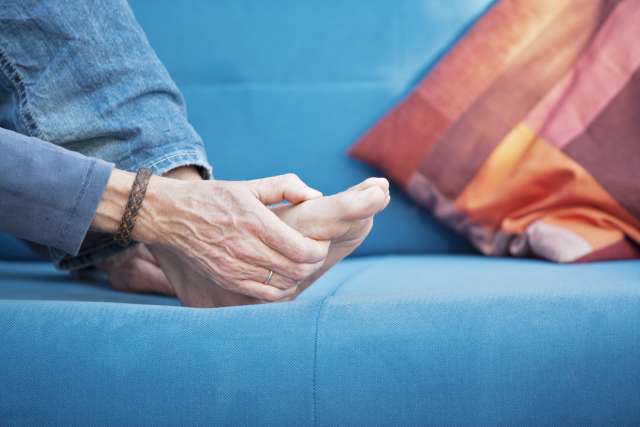Dear Doctors: I’m a 33-year-old woman in good health. The problem is that I got into some bad habits during the pandemic and gained weight. I’m back on track with diet, and now I am adding exercise. I remember reading that the time of day that women exercise makes a difference. Is that true?
Dear Reader: We think you’re referring to the results of a study that made headlines last spring. The findings are intriguing in that they suggest that the optimal time of day to exercise may be different for women than it is for men.
The 12-week study, which was published in the journal Frontiers in Physiology, included results from 27 women and 20 men between the ages of 25 and 55. All were in good health, had comparable body mass indexes and were already physically active when the study began. The participants were randomly divided into two groups. Each group followed the same exercise regimen, which included stretching, endurance exercises, resistance training and interval sprints. They also all ate the same diet, and at the same times of day.
The only difference between the two groups was the time of day at which they were asked to exercise. The morning group worked out for an hour and ended their sessions by 8:30 a.m. The evening group also exercised for one hour, but between 6 and 8 p.m. Over the course of the study, the researchers took regular blood pressure readings and measured changes in body fat percentage. An assessment of each person’s strength, aerobic capacity and flexibility was made at the start and the conclusion of the study.
At the end of 12 weeks, each of the participants saw an increase in athletic performance, as well as improvements to measures of general health, including body fat percentage and blood pressure. But the results included a surprise. It turned out that the women in the group who completed their one-hour exercise sessions before 8:30 a.m. burned more body fat, particularly around the abdominal region, than did those whose workouts took place in the evening. The opposite proved to be true for the men. Those whose exercise sessions took place between 6 and 8 p.m. burned more body fat than their early-morning counterparts. Meanwhile, the women with the late-day exercise schedule saw greater gains in upper-body strength. They also reported improvements to mood, as well as to hunger and satiety, that were not seen in the morning group. For the men, improvements to mood occurred no matter when they exercised.
These results bolster the idea that time of day has an impact on exercise for women and men. However, this is a small study and can’t be considered conclusive. With such a fascinating outcome, we can count on seeing future research into the topic. What we do know for sure, thanks to numerous studies over the years, is that regular exercise is beneficial to both physical and mental health. That means the best time to exercise is whenever it fits into your day.
(Send your questions to [email protected], or write: Ask the Doctors, c/o UCLA Health Sciences Media Relations, 10960 Wilshire Blvd., Suite 1955, Los Angeles, CA, 90024. Owing to the volume of mail, personal replies cannot be provided.)





